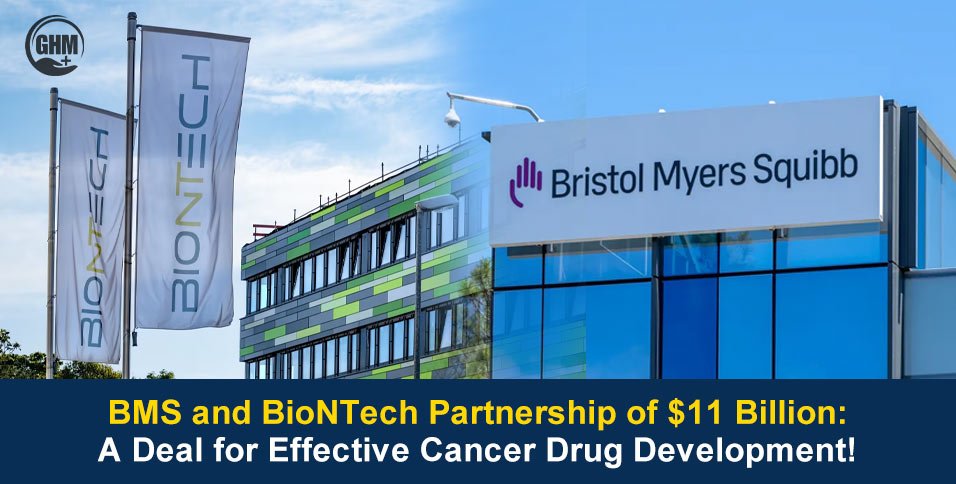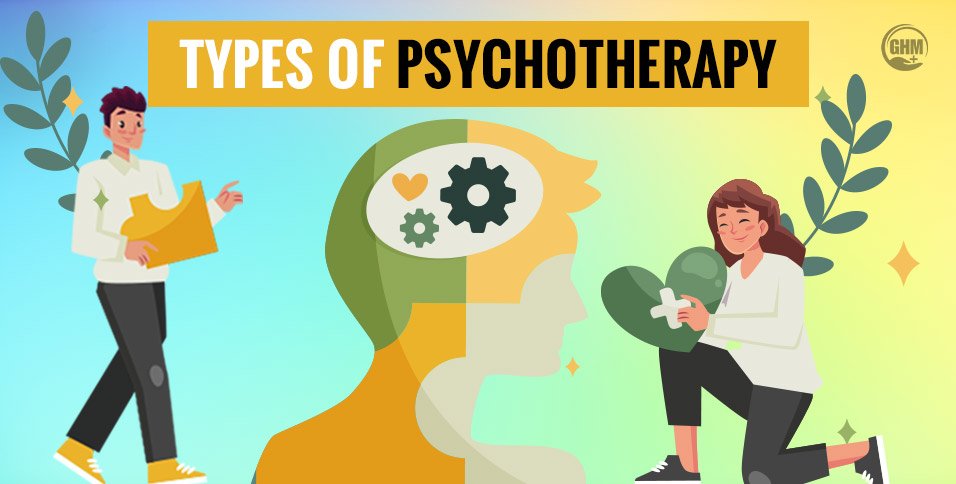June 03, 2025
In a move sending ripples across the pharmaceutical and biotech sectors, a groundbreaking BMS and BioNTech partnership has been forged, valued at a staggering potential of $11.1 billion. This alliance is set to co-develop and co-commercialize BioNTech’s innovative next-generation bispecific antibody, BNT327, targeting a range of challenging solid tumors.
This is not just another pharma deal—it’s a calculated pivot by two innovation powerhouses to reshape the future of oncology.
The High-Stakes Financials: Unpacking the Multi-Billion Dollar Pact
The sheer scale of this deal speaks volumes about the confidence both Bristol Myers Squibb (BMS) and BioNTech have in BNT327. Let’s break down the numbers:
- Immediate Injection: BMS is making an upfront payment of $1.5 billion to BioNTech.
- Guaranteed Milestones: A further $2 billion in non-contingent anniversary payments are slated for BioNTech through 2028.
- Future Potential: An additional $7.6 billion could flow to BioNTech based on achieving specific development, regulatory, and commercial milestones.
- Shared Endeavor: Critically, the two giants will equally share (50:50) global development and manufacturing costs, as well as profits or losses, with certain exceptions. This structure underscores a deeply integrated collaboration.
The Science Behind the Hope: What Makes BNT327 Special?
At the core of the BMS and BioNTech partnership lies BNT327, an investigational bispecific antibody. Think of it as a highly specialized weapon with a two-pronged attack strategy against cancer:
- Unmasking the Enemy (PD-L1 Inhibition): BNT327 targets PD-L1, a protein that cancer cells often use to hide from the immune system. By blocking PD-L1, the drug helps the body’s own T-cells (immune warrior cells) recognize and fight the tumor.
- Cutting Off Supply Lines (VEGF-A Neutralization): Simultaneously, BNT327 targets VEGF-A, a factor that tumors use to grow new blood vessels (angiogenesis) to feed themselves. By neutralizing VEGF-A, the drug aims to starve the tumor.
The expectation is that this dual-action approach will yield significantly better clinical outcomes than therapies targeting only one of these pathways. BNT327 is already in advanced stages of study, with over 1,000 patients treated. Global Phase 3 trials are ongoing for small cell lung cancer (SCLC) and non-small cell lung cancer (NSCLC), and a pivotal trial for triple-negative breast cancer (TNBC) is planned to start by the end of 2025.
BMS’s Strategic Imperative: Navigating the Future of Oncology
For Bristol Myers Squibb, this $11.1 billion venture is a decisive strategic move. The pharmaceutical giant is facing patent expirations on blockbuster drugs like Opdivo and Eliquis between 2026 and 2028 – products that collectively generated nearly $26 billion in annual revenue. This looming “patent cliff” necessitates bold action to refresh its pipeline.
Investing in BNT327 allows BMS to:
- Secure a Next-Generation Asset: Adding a high-potential, innovative immuno-oncology drug to its portfolio.
- Bet on Bispecific Technology: Doubling down on cutting-edge antibody therapies that promise improved efficacy.
- Strengthen Competitive Edge: Positioning itself at the forefront of a rapidly evolving market where similar dual-action therapies are predicted by industry analysts to potentially generate $60 billion annually by 2027.
- Reinforce Oncology Focus: Ensuring that its “growth portfolio” of newer medicines continues to drive revenue, aiming for over $25 billion in new product revenue by 2030.
BioNTech’s Vision: Expanding Horizons Beyond mRNA
While BioNTech became a household name through its pioneering mRNA COVID-19 vaccine, this partnership underscores its ambition to be a diversified oncology powerhouse. This deal represents a significant step in:
- Strategic Diversification: Moving beyond an mRNA-centric model to build a robust pipeline of advanced antibody-based therapies.
- Boosting Oncology Capabilities: Expanding expertise in antibody engineering, clinical development, and manufacturing, further solidified by recent acquisitions like Biotheus (a bispecific antibody specialist).
- Accelerating Global Reach: Leveraging BMS’s established global infrastructure to speed up the development and commercialization of its antibody assets.
- Building Long-Term Value: Demonstrating a commitment to sustained innovation in cancer care, which has resonated positively with investors, as seen by a more than 13% surge in BioNTech’s shares in Germany following the announcement.
Final Thoughts: A Bold Bet on the Future of Cancer Treatment
The BMS and BioNTech partnership is more than a business deal—it’s a calculated leap into the future of oncology. With both companies bringing scientific muscle and financial commitment to the table, BNT327 could emerge as a new gold standard in cancer immunotherapy.
For BMS, it’s a way to refresh its portfolio and remain a leader in oncology. For BioNTech, it’s a declaration that its post-COVID era is not just about mRNA, but about building a comprehensive cancer innovation engine.
This partnership is a model for the next generation of biopharma collaboration, where science, strategy, and shared vision converge to accelerate impact.
Stay tuned with Global Healthcare Magazine for more deep dives into the business moves shaping the future of global health.



















